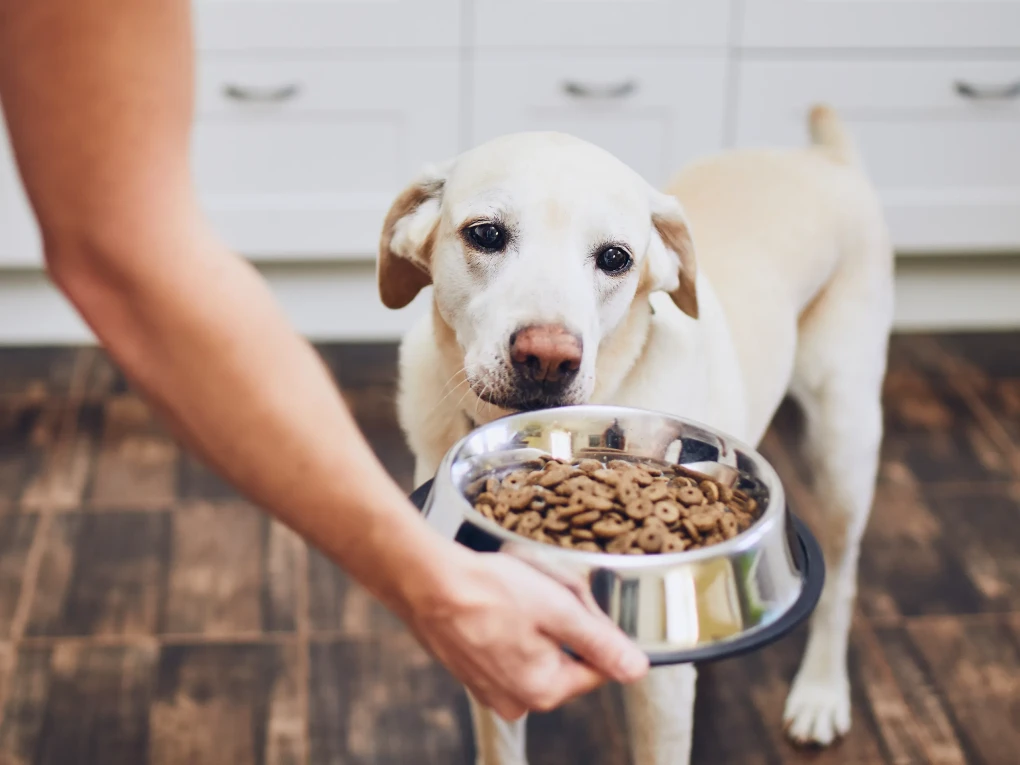Choosing the Right Dog Food: A Comprehensive Guide

Proper nutrition plays a crucial role in keeping our dogs healthy and happy. However, with the overwhelming number of dog food options available, selecting the right one can be a challenging task. In this blog post, we will provide valuable insights and tips to help you make an informed decision when choosing your dog's food. From understanding different types of diets to reading labels and seeking expert opinions, we'll cover everything you need to know.
- Educate Yourself about Nutrition Choices:
Start by researching and understanding the basics of canine nutrition. While there is a wealth of information available online, it's crucial to be cautious and rely on reputable sources. Consult your veterinarian, who is a trusted resource and can provide expert guidance. They can also refer you to a veterinary nutritionist for more specialized advice. Remember, you are the ultimate decision-maker when it comes to your dog's diet. - Commercial Dog Food Options:
Commercial dog food can be categorized into various types, such as holistic/natural diets, veterinary prescription diets, premium dog food, economy/generic dog food, whole food cooked diets, and raw food/BARF diets. Each category has its pros and cons, and your choice should align with your dog's specific needs. Conduct thorough research on food companies, and utilize resources like DogFoodAdvisor.com for comparisons. Don't hesitate to seek advice from your veterinarian. - Read Dog Food Labels:
Understanding how to interpret dog food labels is essential. The Association of American Feed Control Officials (AAFCO) sets standards for dog and puppy nutrition, and these guidelines are reflected on the labels. However, be cautious as labels can be misleading. Look for food companies that exceed AAFCO guidelines and prioritize high-quality ingredients. Opt for foods with meat-based items listed as the first two to three ingredients and avoid excessive chemical preservatives and fillers like wheat, corn, and soy. - Seek Others' Opinions:
Reach out to professionals in the pet industry, including veterinarians, dog breeders, trainers, groomers, and knowledgeable pet supply store staff. They can provide valuable insights and recommendations based on their expertise and experiences. However, remember that opinions may vary, and it's essential to research and verify the information you receive. Keep in mind that every dog is unique, and individual responses to different foods may vary. - Trial and Transition:
Once you've narrowed down your options, consider obtaining samples or take advantage of money-back guarantees offered by many dog food companies. Allow your dog to try the food to determine its palatability. When transitioning to a new food, do it gradually over several days by adding a little more new food to the old food each day. Monitor your dog's response during this period. It may take 3-4 weeks to observe any noticeable changes in appearance and behavior. If any signs of illness arise, consult your veterinarian, as a change in diet may be necessary. - Long-Term Considerations:
Experts suggest periodically rotating diets every 2-6 months when feeding commercial dog food. This means changing to a different food company or offering a variety of formulas within the same company. It helps prevent boredom and potential allergies or diseases associated with a monotonous diet. If you prepare homemade diets, ensure they are complete and balanced by following reputable recipes. Remember, the dietary needs of individual dogs may vary, so consult your veterinarian for personalized recommendations.
Choosing the right dog food involves research, careful consideration, and consultation with professionals. By educating yourself about nutrition choices, understanding labels, seeking expert advice, and gradually transitioning your dog to new food, you can provide them with a balanced and appropriate diet. Remember that every dog is unique, and what works for one may not work for another. Stay attentive to your dog's health and well-being throughout the process, and consult your veterinarian for personalized guidance. With proper nutrition, you can help your furry friend thrive and enjoy a long, healthy life.